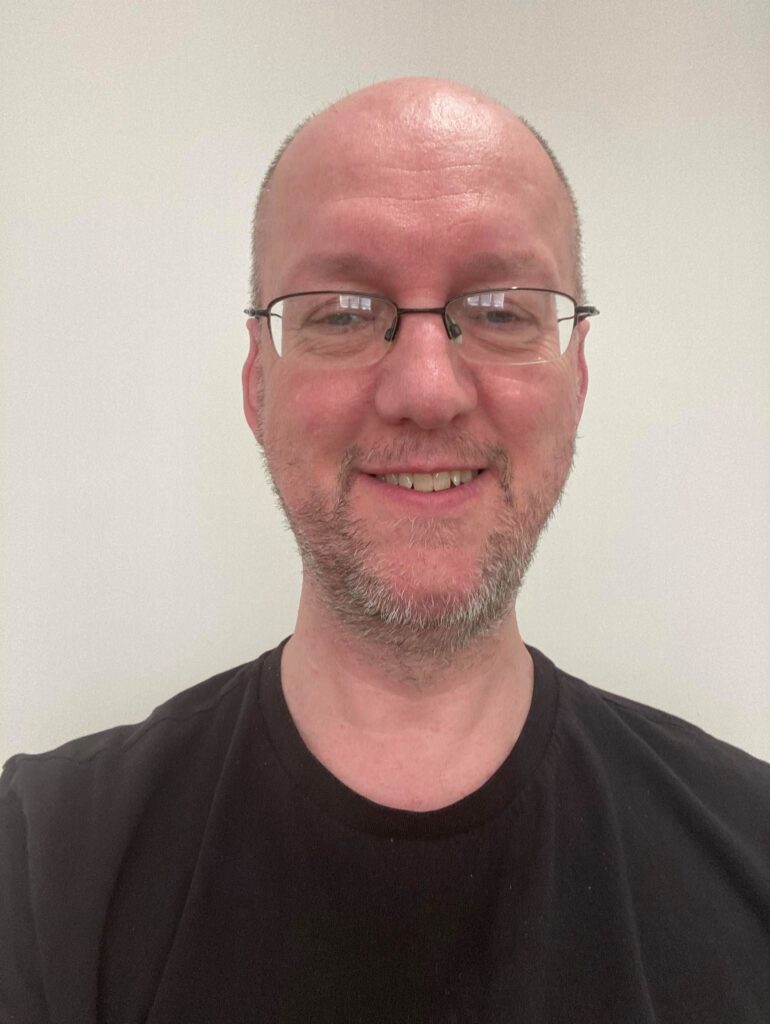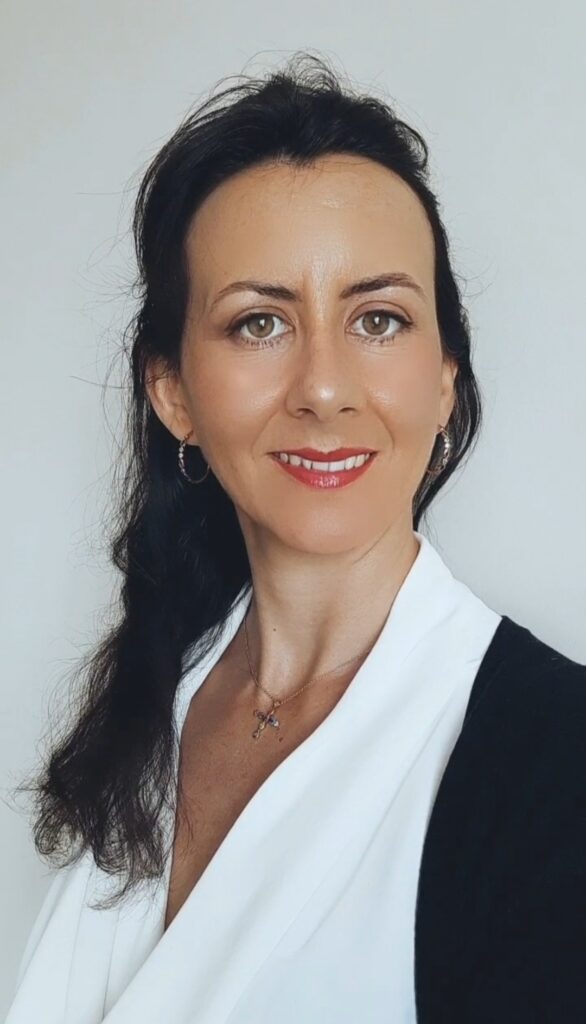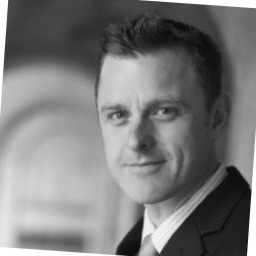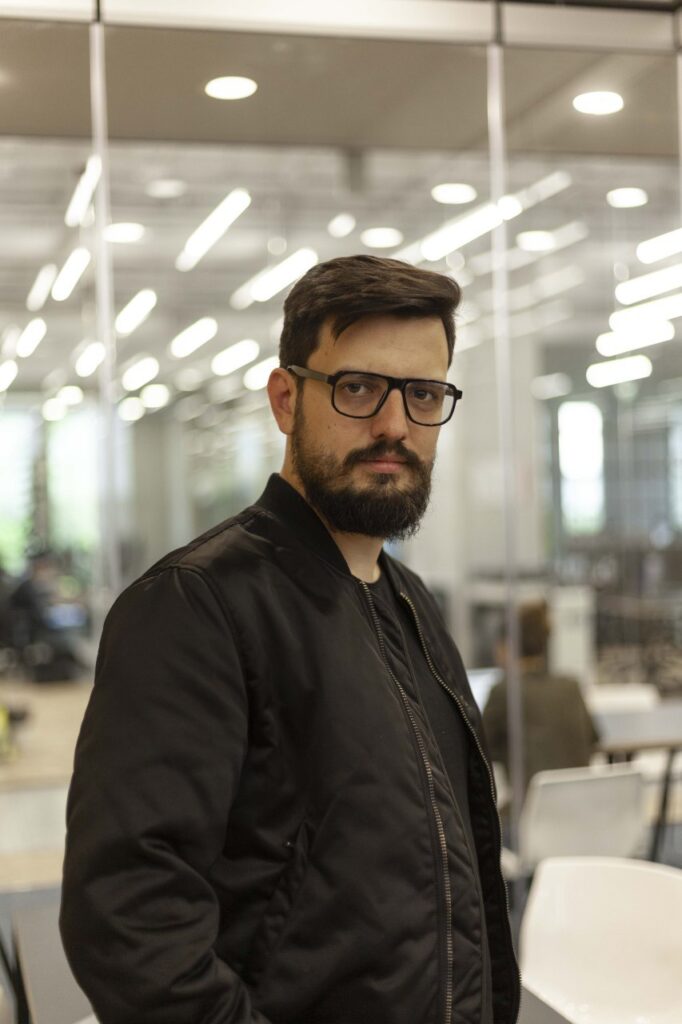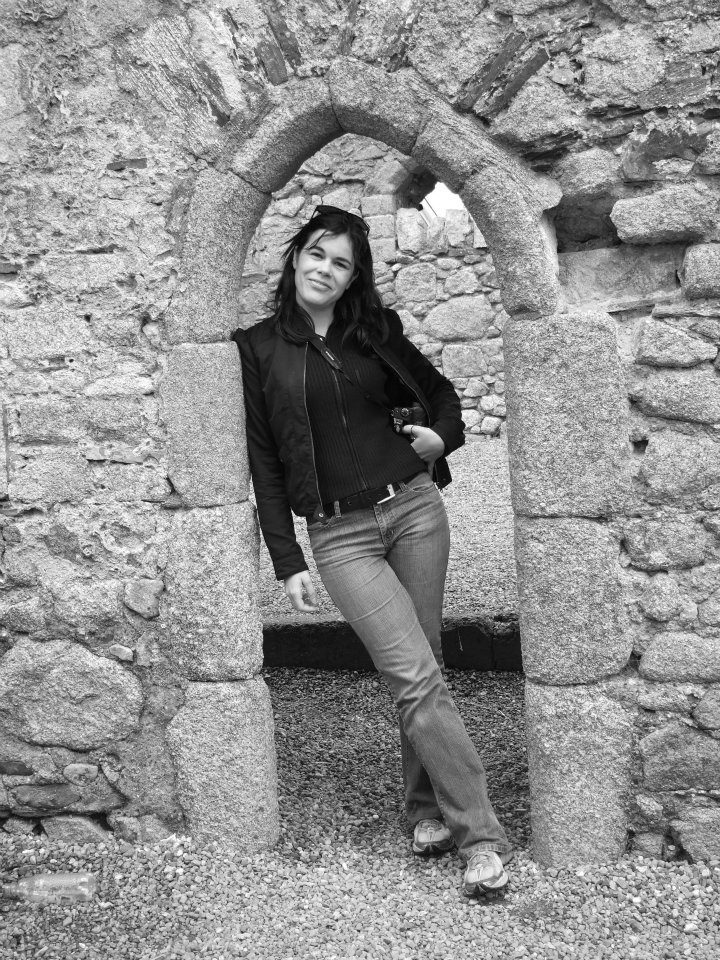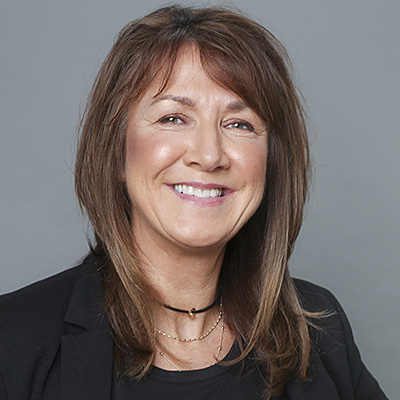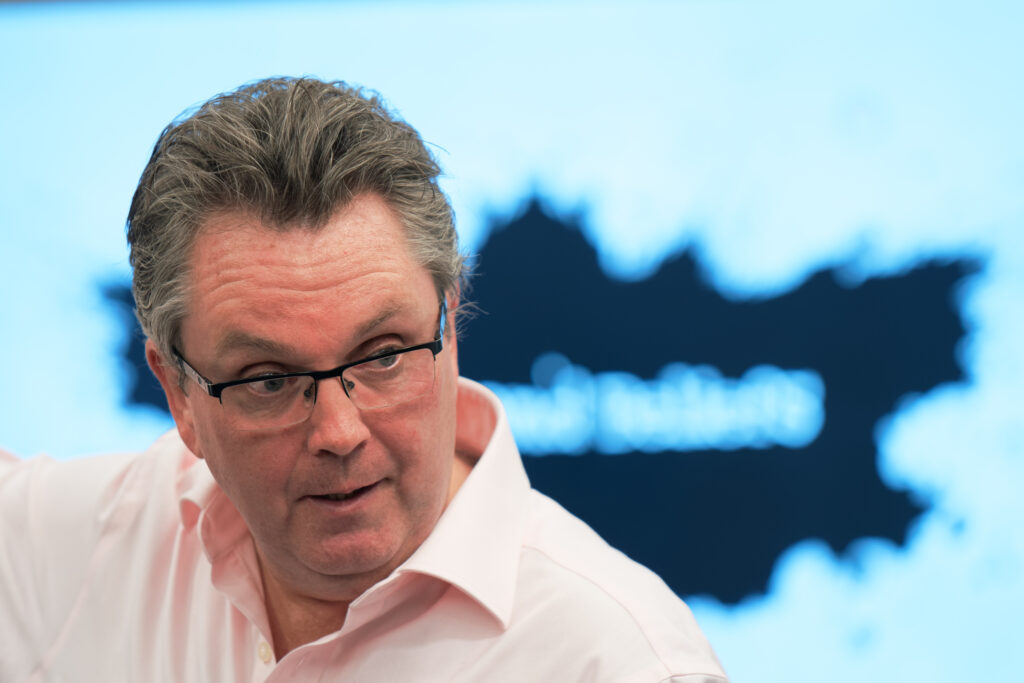Katie Whitley – Founder – Kreate Ldn
Build Personal Brands and Company Brands Through – Video Production | Branding | Content Creation.
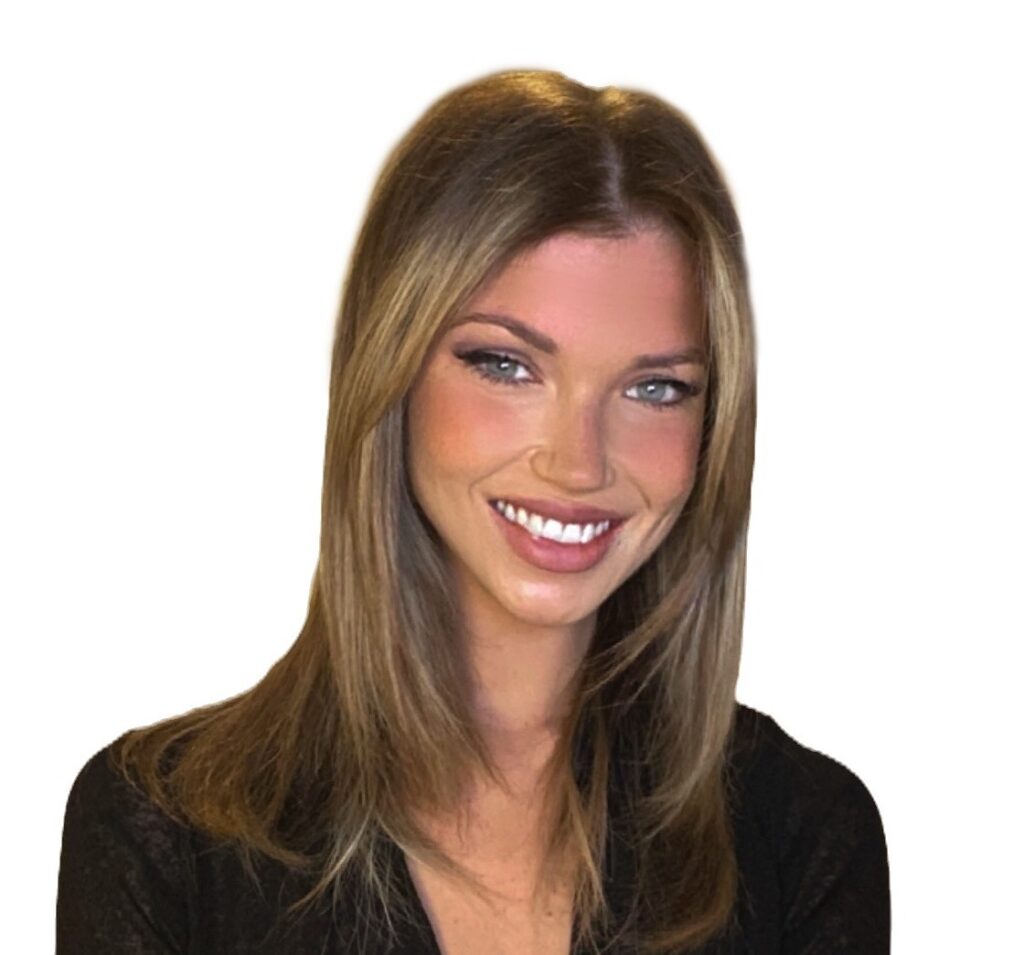
I’m Katie – And I am the founder and Director of Kreate Ldn.
Kreate Ldn is a Branding and Content Creation agency based in London.
We specialise in designing and building your brand story through engaging, value added content which focuses on influencing public perception to build company brands and personal brands across social media. Whether it’s video, photography, written content, branding or design you require in building your digital presence, we are able to produce bespoke creative content which is tailored and suited to your brand.
As a creative branding and content creation agency, we can help businesses with big ideas and even bigger goals to reach their potential by equipping them with the tools needed to grow and thrive in competitive online spaces. From brand creation and transformation to brand optimisation and communication strategy, together we can truly become a force to be reckoned with.
We create content to spark engagement and conversation and to build stronger and better businesses.
Q1. Did you always want to become a consultant, or did you fall into the role?
Before starting my own content creation agency, I would say “yes” – I did fall into the role of being a consultant as the agency I went to work for saw my passion for building and developing new client relationships which is where they realised I could provide real value to their business.
Q2. What makes a good consultant?
Being a good consultant, takes a lot of patience and resilience. I sometimes found it an incredibly tough game as I had to accept that it was a “work hard, play hard” environment. Having patience is also equally as important as it’s crucial to put in the graft to really leverage those relationships with your clients and your candidates.
Q3. Do you feel you manage yourself well or is it a case of ‘the cobbler’s shoes’?
I have always been a super independent person so in this case, I would say I can manage myself and my workload very well – it’s all about priority and self-motivation.
Q4. Are there enough hours in your day?
Never – especially now I have started my own business. You end up working all hours, every hour!
Q5. If you could magically stop your clients from making one mistake – what would that be?
Learning to understand the true value of marketing your brand and yourself as an individual. People buy from people, so not investing in your marketing is a big mistake in my eyes!
Q6. What do you find is the best way to market yourself?
I market myself by sharing valuable added content across LinkedIn – this has allowed me to share content on what I want to be known for, how I can provide value and content around the problems I solve. This is how I’ve built my business on 100% Inbound leads.
Q7. What do you do to unwind?
Go to the gym, if I could do that whilst having a glass of vino then that would be my perfect duo.
Q8. What advice would you give a starting consultant?
As I know longer work as a consultant, this is a hard one for me to comment on. BUT – I would suggest if you’re starting out your career as a consultant then I would suggest you start marketing yourself and building your personal brand across LinkedIn. This is something I wish I started years ago! And it will really help you build trust and credibility you need with you candidates and you clients.
Q9. What’s your guilty pleasure?
Wine, Peanut Butter and Bananas.
Q10. What’s your goal for next year?
To make new hires and carry on building Kreate Ldn!
